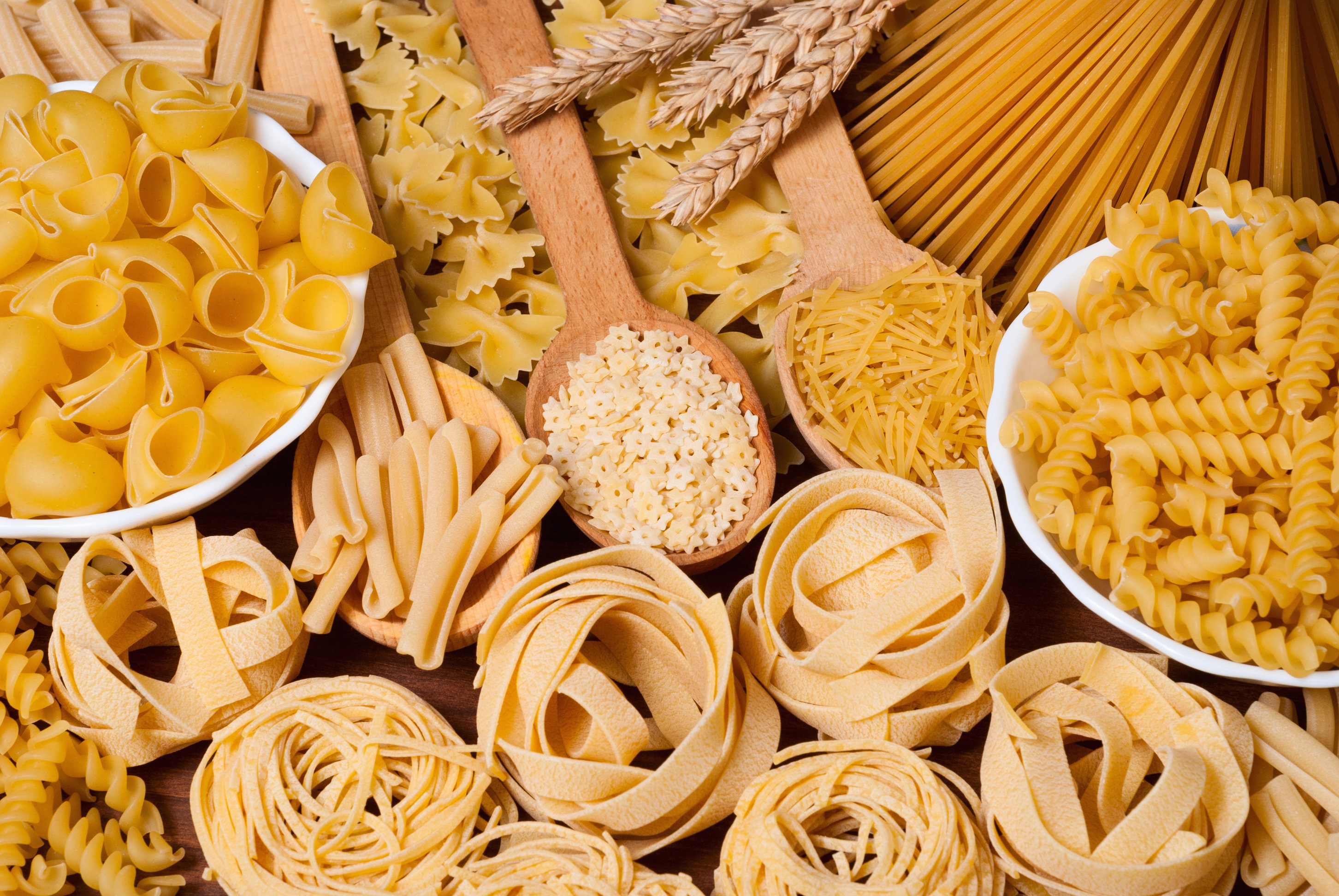
by Candace H. Chemtob, MS, RD, LD, CSSD
As discussed in last month’s article, carbohydrates are the preferred fuel of high intensity sports. Popular fad diets, such as Paleo, Grain Brain, or gluten free diets, promote low carbohydrate diets. When dietary carbohydrates are limited, athletic performance is compromised. Winning eating strategies strive to increase “carbohydrate availability” to achieve peak athletic performance through a balanced diet rich in whole grains, fruits, vegetables, and low fat dairy foods.
To understand the relationship between carbohydrate intake and performance, let’s start with the basics. Food provides energy. As food is broken down, energy is released and is ultimately captured in the high energy of a substance called ATP. Carbohydrate breakdown yields the most amount of ATP (energy) in the shortest amount of time. Fatigue during exercise occurs when the body switches from carbohydrates to fat as an energy source (please note: other conditions can cause fatigue as well, such as dehydration). Fat cannot provide energy fast enough to support the high intensity movements required to play squash and the end result is a rapid decline in performance on the court.
Interestingly, carbohydrates are not only the preferred fuel for muscle, but are also the favored fuel of the brain and central nervous system. As blood sugar levels drop, skill and concentration are impaired. Additionally, athletes experience an “increased perception of effort” meaning essentially that the brain is “fatigued” and this makes all physical efforts seem more exhausting. Running low on carbohydrates will bring about an early onset of muscle fatigue, but will also cause mental “fatigue” leading to a deterioration in skill level, focus, and motivation.
Carbohydrates are stored in the liver and muscles as glycogen. Glycogen stores are limited. Typically glycogen stores can yield a maximum of approximately 1600 calories, though these can be depleted during periods of calorie restriction or intense training. Considering that an hour of squash burns up to 800 calories, it is easy to see how glycogen stores can become exhausted. When this happens, blood sugar levels cannot be sustained and athletic performance declines.
One of the key objectives of performance nutrition is to maximize “carbohydrate availability” for prolonged maximal output, i.e: speed and strength. Athletes need to know how much and when to eat. This is especially important in high intensity sports like squash. A newly revised position paper of the American College of Sports Medicine (ACSM), American Dietetics Association and Canadian Dietetics Association on “Nutrition and Athletic Performance” was released in March 2016. The evidence-based recommendations put forth in this paper are reviewed by a committee of sports nutrition experts.
The ACSM recommendations for carbohydrate intake are as follows:
• Athletes should consume a carbohydrate rich diet with particular attention focused on timing of meals and snacks prior to a competitive event. The below recommendations are based on a 150 lb. athlete and for exercise types in line with the demands of squash.
• Daily carbohydrate needs: for moderate exercise (1 hour per day): 2.3 to 3.2g/lb./day which equals 345 to 480g carbohydrates; for endurance exercise (1 to 3 hours per day): 2.7 to 4.5g/lb./day or 405 to 675g carbohydrates.
• General “fueling up” for events: Increase carbohydrate intake to 3.2 to 5.5g/lb./day carbohydrate per 24 hours before event.
• Pre-event fueling: >60 minutes before exercise: 0.5 to 1.8g/lb.1 to 4 hours before exercise. For example, the pre-competition regimen could look like:
• 3 to 4 hours prior to competition: A high carbohydrate meal containing 75 to 270g carbs. To improve availability of nutrients avoid high fat and fiber foods which slow down digestion. Most athletes know what foods “work” for them. Some athletes can experience gastrointestinal distress and it is best to individualize food choices and exact timing regimen.
• 1 to 2 hours before competition: A high carbohydrate snack. Aim for 30 to 60g carbohydrates such as a sandwich, yogurt, energy bar, milk, fruits, grains, or dried fruits.
• During brief exercise ( • During sustained high intensity exercise (45 to 75 minutes): Small amounts – 30 to 60g accomplished through sports drinks and/or carbohydrate rich energy bars, snacks, and gels.
• Speedy recovery (
This should not be a “one size fits all” dietary regimen and meals should be tailored to meet the demands of the individual athletes training and competition schedule, food preferences and tolerances. The more squash players understand the interplay of carbohydrates with energy delivery and performance on court, they increase the chance to perform at their best!
* Medicine & Science in Sports & Exercise: March 2016 – Volume 48 – Issue 3 – p 543–568





